Theology of the Liturgy
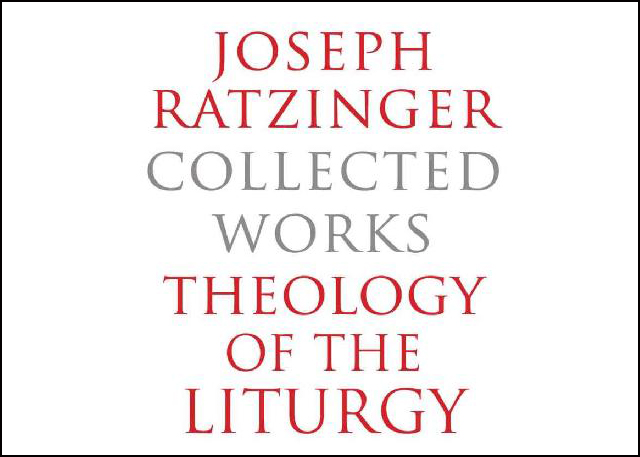
Joseph Cardinal Ratzinger
On the Inaugural Volume
of My Collected Works
The Second Vatican Council began its work with deliberation on the “Schema on the Sacred Liturgy”; then on December 4, 1963, the document was solemnly promulgated with the rank of a constitution as the first fruit of that great ecclesial gathering. Considered superficially, the fact that the theme of liturgy was taken up at the start of the Council’s work and that the constitution on that subject turned out to be its first result was an accident. Pope John had convoked the assembly of bishops out of a desire, which was joyfully shared by all, for a new updating of Christianity in times that had changed but had set no definite program for it. A long series of schemas had been composed by the preparatory commissions. But there was no compass with which to find the way through this abundance of suggestions. Of all the projects, the document about the sacred liturgy seemed to be the least controversial. So it most likely appeared to be a kind of exercise, as it were, by which the Fathers could learn the method of conciliar work. What may superficially appear to be an accident proved, in view of the hierarchy of the themes and duties of the Church, to be intrinsically the right thing also. By starting with the theme of liturgy, God’s primacy, the absolute precedence of the theme of God, was unmistakably highlighted. Beginning with the liturgy tells us: “God first”. When the focus on God is not decisive, everything else loses its orientation. The saying from the Rule of St. Benedict “Nothing is to be preferred to the liturgy” (43, 3) applies specifically to monasticism, but as a way of ordering priorities it is true also for the life of the Church and of every individual, for each in his own way. It may be useful here to recall that in the word “orthodoxy”, the second half, “-doxa”, does not mean “idea” but, rather, “glory”: it is not a matter of the right “idea” about God; rather, it is a matter of the right way of glorifying him, of responding to him. For that is the fundamental question of the man who begins to understand himself correctly: How must I encounter God? Thus learning the right way of worshipping—orthodoxy—is the gift par excellence that is given to us by the faith.
Once I had decided, after some hesitation, to take up the project of an edition of my collected works, it was clear to me that the Council’s priorities apply and that, hence, the volume with my writings on the liturgy had to stand at the beginning. The liturgy of the Church has been for me since my childhood the central reality of my life, and in the theological school of teachers like Schmaus, Sohngen, Pascher, and Guardini it became the center of my theological efforts, also. I chose fundamental theology as my field because I wanted first and foremost to examine thoroughly the question: Why do we believe? But also included from the beginning in this question was the other question of the right response to God and, thus, the question of the liturgy. My studies on the liturgy are to be understood from this perspective. I was concerned, not about the specific problems of liturgical studies, but always about anchoring the liturgy in the foundational act of our faith and, thus, also about its place in the whole of our human existence.
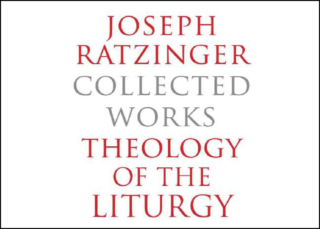
Book eBook Theology of the Liturgy
Joseph Cardinal Ratzinger
17 noviembre, 2015
update 18 agosto, 2021
Go to the Download pageMore eBooks in English
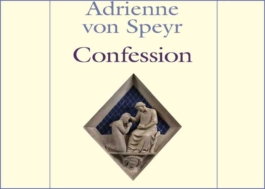
Confession
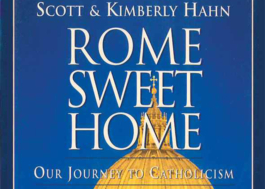
Rome Sweet Home
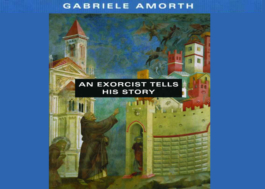
An Exorcist Tells His Story
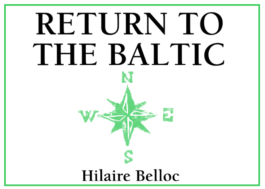
Return to the Baltic
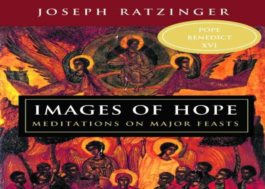
Images of Hope
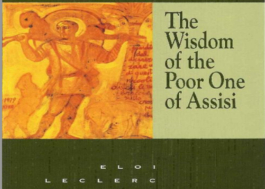
The Wisdom of the Poor One of Assisi
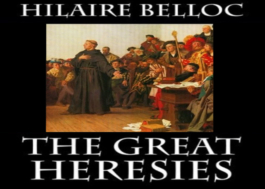
The Great Heresies
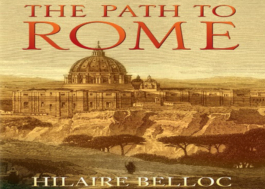
The Path to Rome
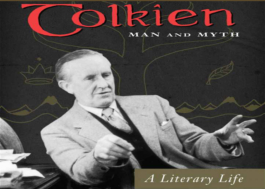
Tolkien: Man and Myth
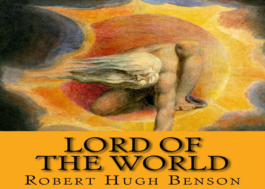
Lord of the World By Robert Hugh Benson
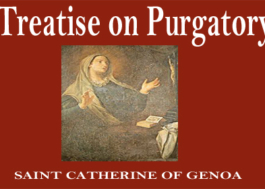
Treatise on Purgatory

Three to Get Married

Via Crucis: A Romance of the Second Crusade
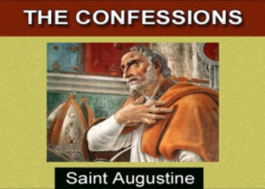
The Confessions of St. Augustine
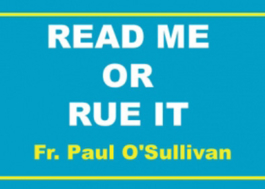
Read Me or Rue it
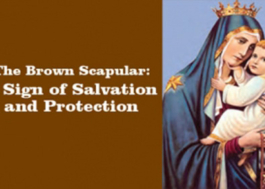
The Brown Scapular, the Most Powerful Sacramental
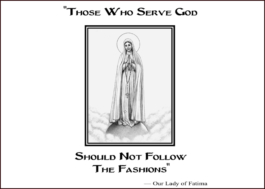
Those Who Serve God Should Not Follow The Fashions

Mary, Motherhood, and the Home
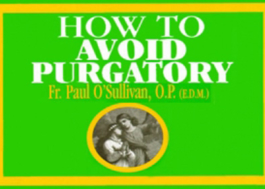
How to Avoid Purgatory
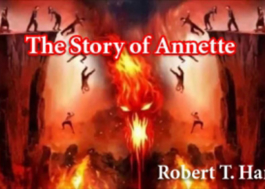
The Story of Annette
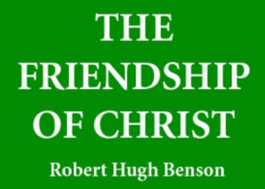
The Friendship of Christ
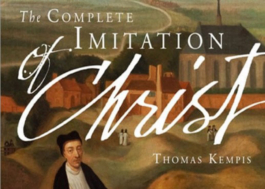
The Imitation of Christ
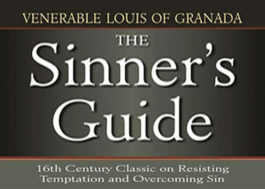
The Sinner’s Guide
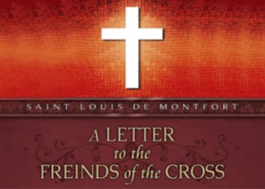
A Letter to the Friends of the Cross
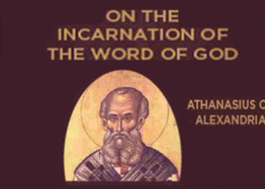
On the Incarnation of the Word of God
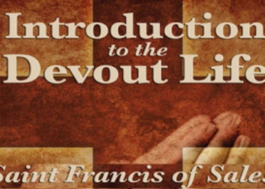
Introduction to the Devout Life
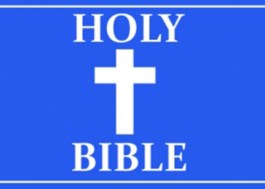
Holy Bible
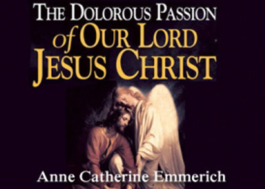
The Dolorous Passion of Our Lord Jesuchrist
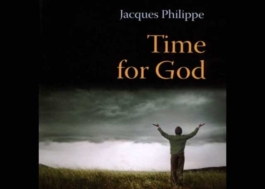
Time for God
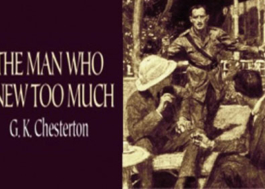
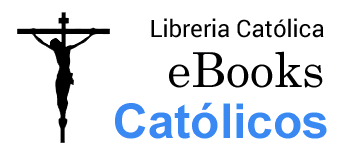
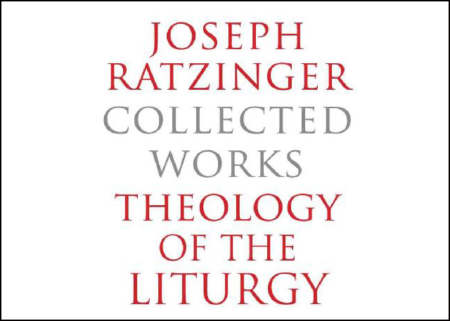
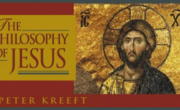
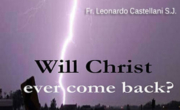
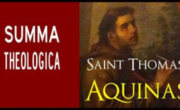
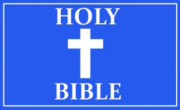
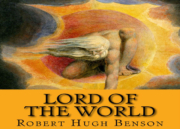
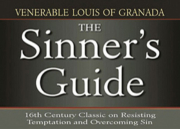
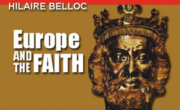



















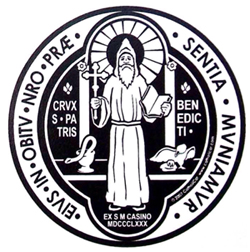
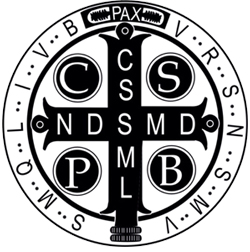
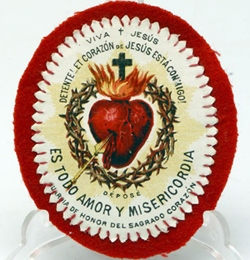


Dejar un comentario
¿Quieres unirte a la conversación?Siéntete libre de contribuir!